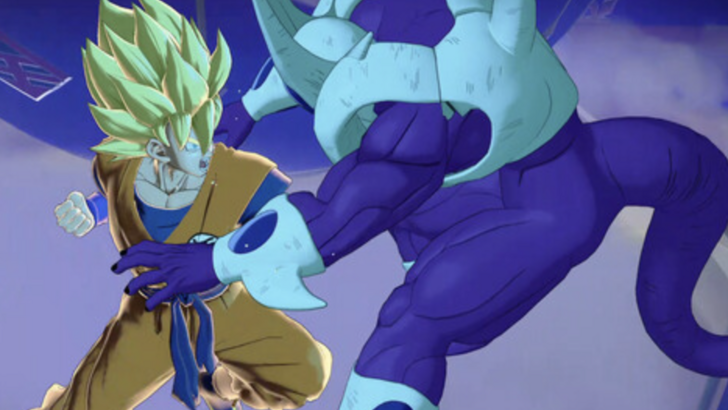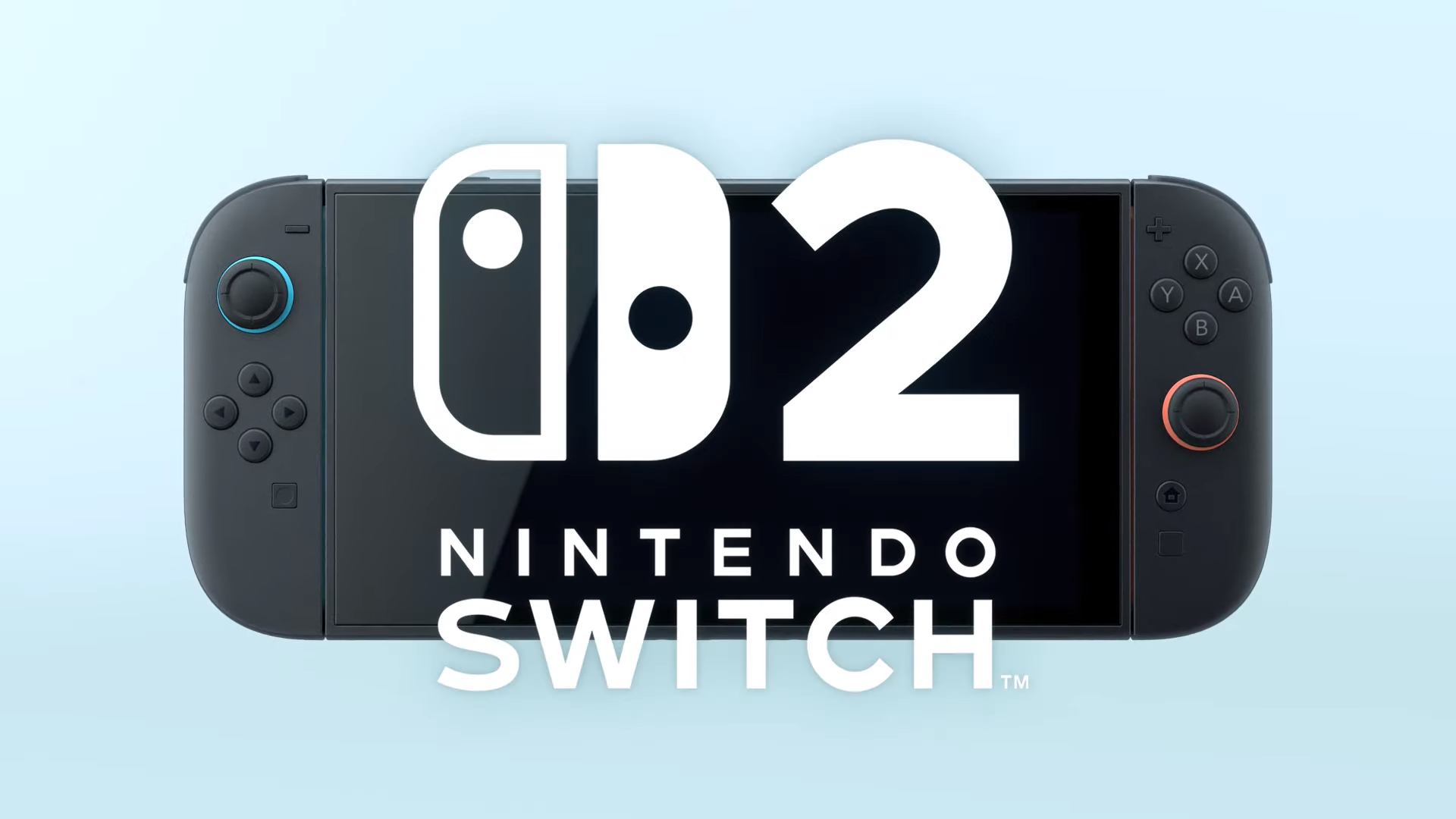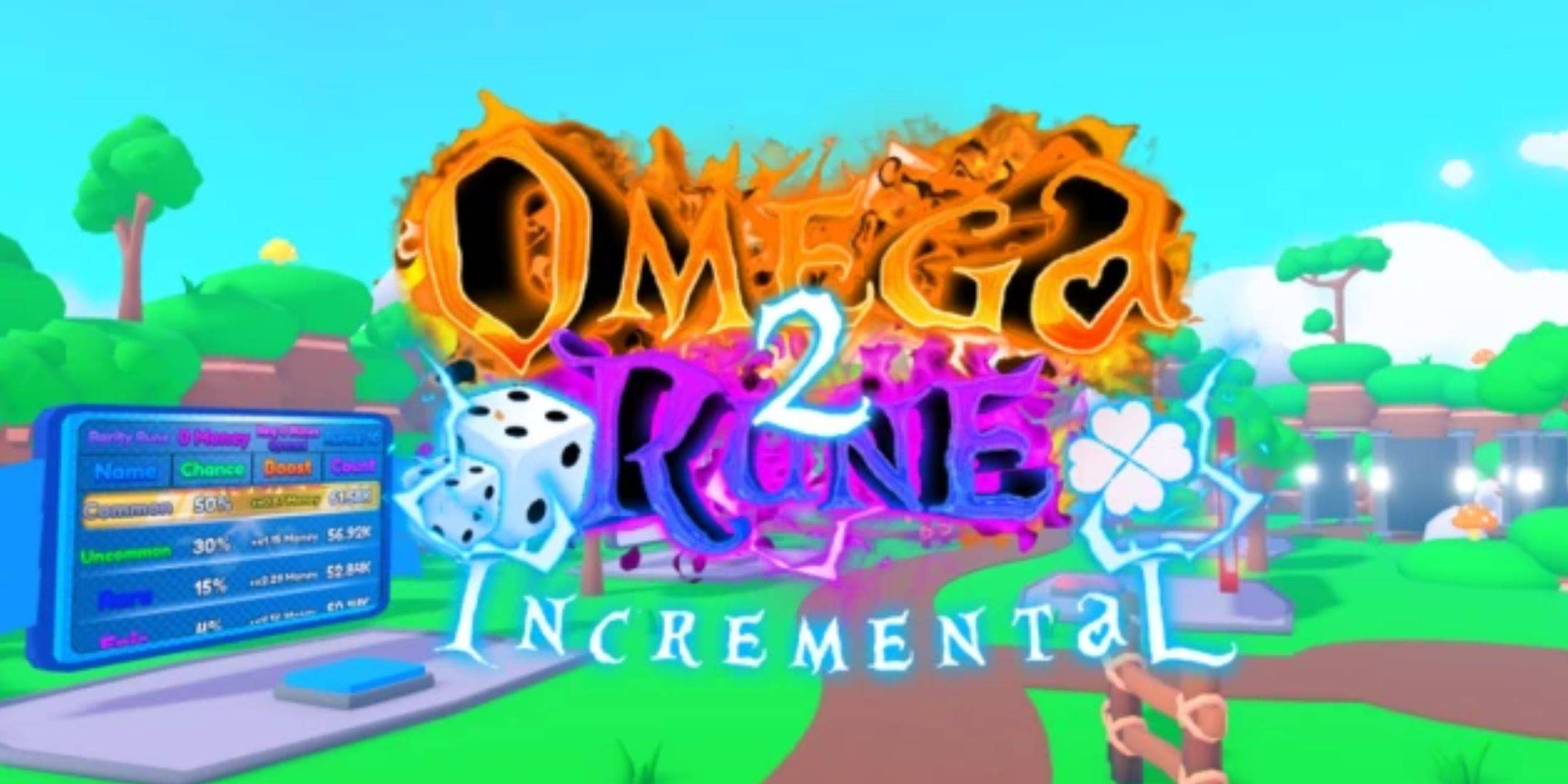Opinion: Streaming Platforms and Studios Are Betting Big on Gaming Stories
- By Amelia
- Jul 14,2025
Hollywood has long been obsessed with building franchises—superheroes, book adaptations, and everything in between. But lately, the spotlight has shifted toward a fresh source of storytelling gold: video games. Major studios and streaming platforms are doubling down on gaming IP, transforming beloved titles into high-quality TV shows and blockbuster films.
From *The Last of Us* and *Arcane*, to *Fallout*, *Halo*, and even the record-breaking success of the latest Mario and Sonic movies, these aren't just casual experiments anymore—they're serious productions with big budgets and sky-high expectations. In partnership with our friends at Eneba, we’re diving into this exciting trend taking over entertainment.
Gaming Universes Are Built for the Big Screen
So why the sudden surge in game-to-screen adaptations? The answer is simple: video games have evolved far beyond their origins. They now represent vast, narrative-rich worlds filled with deeply engaged fans who’ve spent years immersed in these universes. Studios see that kind of loyalty as a powerful foundation for successful film and TV projects.
Shows like *Arcane* on Netflix prove how effective this can be. What began as a deep-cut story tied to *League of Legends* became a mainstream hit, drawing both gamers and newcomers alike with its breathtaking animation and emotionally charged storytelling.
Likewise, HBO’s *The Last of Us* redefined what audiences expect from a game adaptation—delivering an intense, character-driven experience that resonated far beyond the gaming community. It wasn’t just faithful to the source material—it elevated it.
The Rise of Gaming Anime
Anime has become one of the most dynamic formats for bringing video game stories to life. With its unique visual flair and emotional depth, it's a perfect match for gaming narratives. Series like *Devil May Cry*, *Castlevania*, and *Cyberpunk: Edgerunners* have proven that these adaptations can offer more than just fan service—they can deliver original, cinematic experiences rooted in gameplay lore.

*Castlevania* brought a dark, gothic world to life with rich characters and intense drama, while *Cyberpunk: Edgerunners* gave viewers a stylish, emotionally gripping journey through Night City. These shows aren’t just spin-offs—they’re fully realized stories that stand on their own.
More Than Just Nostalgia
While nostalgia plays a role, modern adaptations are doing much more than appealing to longtime players. They’re crafting stories that attract entirely new audiences—people who may never have touched the original games but love immersive storytelling, complex characters, and thrilling action sequences.
Movies like *Mario* and *Sonic* tap into family-friendly nostalgia for older audiences while introducing iconic characters to a new generation. It’s a smart strategy that bridges generations and builds broader brand awareness.
High Budgets, High Stakes
These days, adapting a video game isn’t about cutting corners or rushing content to market. It’s about investing heavily in scriptwriting, casting, visual effects, and marketing to ensure the final product lives up to the legacy of the original game.
Fans know when something feels rushed or disrespectful—and they won’t hesitate to call out a project that misses the mark. That’s why shows like *Fallout* succeed by capturing the tone, humor, and atmosphere that made the game so beloved, rather than relying on tired tropes or forced fan service.
Streaming Joins the Fray
It’s not just traditional Hollywood getting in on the action. Streaming services are aggressively pursuing game-based content to capture the attention of a global, highly engaged audience. Platforms like Paramount Plus are investing in exclusive series based on major gaming franchises, signaling their intent to compete with industry giants like Netflix.
If you're planning to dive into the latest wave of gaming adaptations, keep an eye out for [ttpp]Netflix discount or Paramount Plus promo deals—especially on digital marketplaces like Eneba. Enjoying premium content doesn’t have to break the bank, especially when you know where to look.
Latest News
more >-
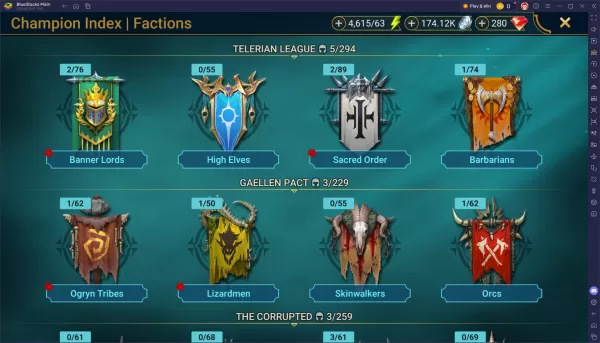
- Top 2025 Faction War Champions in Raid
- Feb 12,2026
-
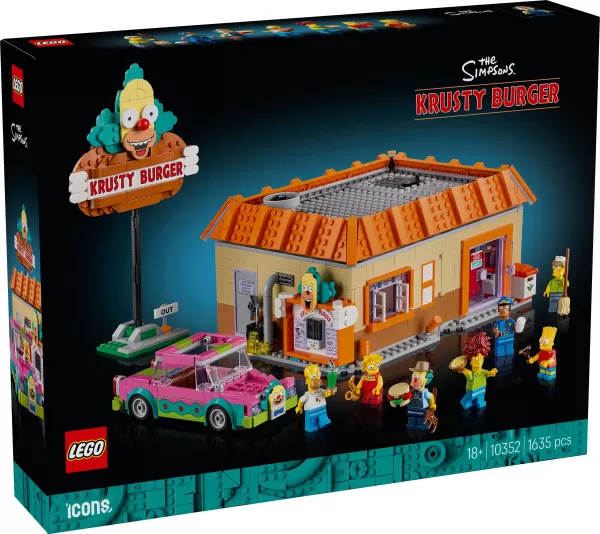
- The Simpsons Krusty Burger LEGO Set Returns
- Feb 12,2026
-
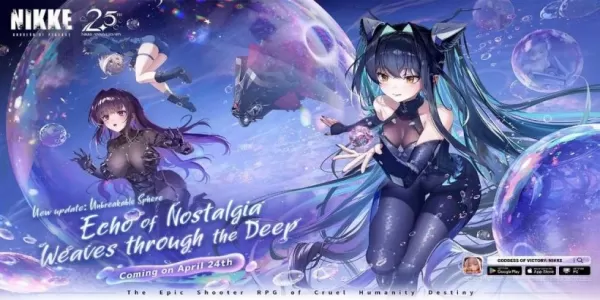
- Nikke Marks 2.5 Years with Anniversary Event
- Feb 12,2026
-
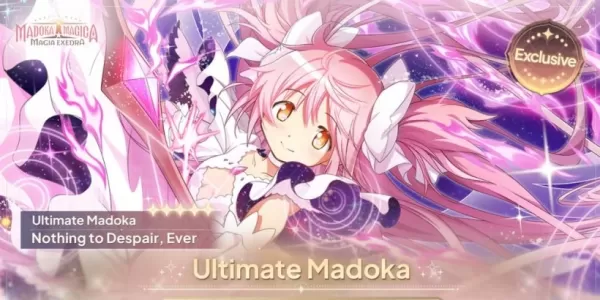
- Magia Exedra Launches New Fate Weave & Battles
- Feb 12,2026
-

- 8BitDo Unveils Ultimate Wireless Controller
- Feb 12,2026
